Thirty eight years after the appearance of Hedrick Smith’s best seller, The Russians, Gregory Feifer’s Russians has been published. While Smith, a New York Times correspondent based in Moscow, explored the Soviet Union, Feifer, a former Moscow correspondent for National Public Radio, focuses on the post-communist period, paying special attention to Russia’s president, Vladimir Putin.
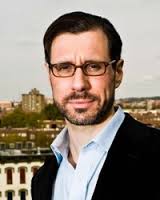
Russians is a topical book, particularly in light of current events in Ukraine, a Russian sphere of influence. Russia has taken over Crimea, causing indignation and outrage and touching off a political confrontation with the United States and its European allies.
Feifer is a reliable observer. Of Russian descent on his mother’s side, he knows the country and speaks the language.
Ranging far and wide, he delves into such topics as Putin`s ascendancy, the emergence of Russia’s oligarch class, the transformation of Moscow under capitalism, the spectre of poverty in an oil-rich nation, the resurgence of the Orthodox church and the racism and antisemitism that plague contemporary Russian society.
It`s clear from the outset that Feifer, however critical he is of its leadership, respects Russia. As he puts it, “Like it or not, Russia, for all its manifest and concealed shortcomings, remains a great power with formidable material and cultural strengths and an inclination and capacity to challenge us — which is highly unlikely to change soon.”
Prescient words indeed.
In his estimation, Putin, a former KGB spy, shot out of obscurity in 1999 by exploiting the nostalgia for the Soviet Union and by tapping into the disappointment and uncertainty left by the pre-Putin presidency of Boris Yeltsin.
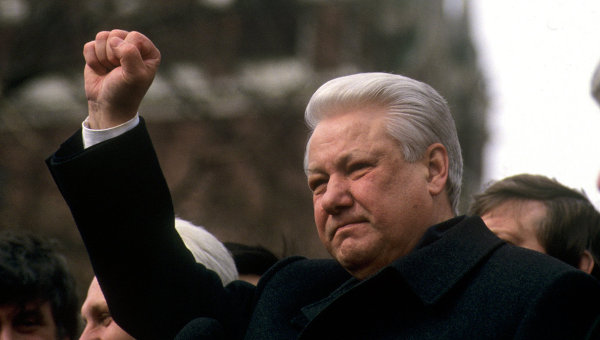
Once in power, he adds, Putin established an authoritarian regime and fed on the fears of the people. “As always, it has been fear of disintegration and chaos, the eternal specter of anarchy, that has helped unite Russians in their support of him,” Feifer observes. “Putin has gone to extraordinary lengths to paint the 1990s as a period of chaos and criminality, tacitly appealing to people’s traditional anxieties.”
But as he goes on to say, Putin’s popularity is not just based on negative reinforcement. He has used Russia’s enormous reserve of natural resources, its oil and gas in particular, to pursue his goal of restoring Russia as a superpower on a par with the United States.
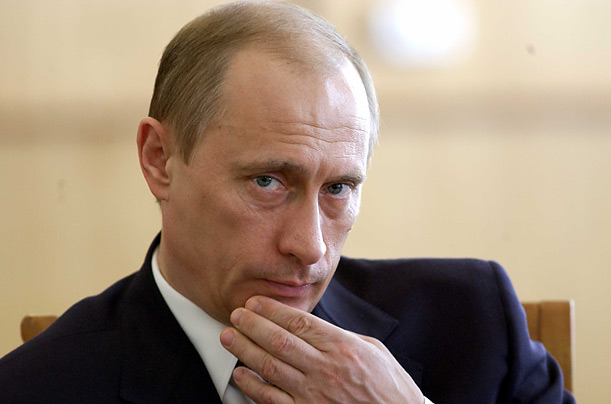
As Feifer claims, Putin owes his rise in large part to the late Boris Berezovsky, a Jewish mathematician who prospered mightily during the twilight years of the Soviet Union. Berezovsky made a fortune as the owner of a private car dealership with an exclusive licence to sell Mercedes vehicles. He added to his wealth and influence by buying oilfields, acquiring control of Aeroflot, the Russian national airline, and assembling a media empire.
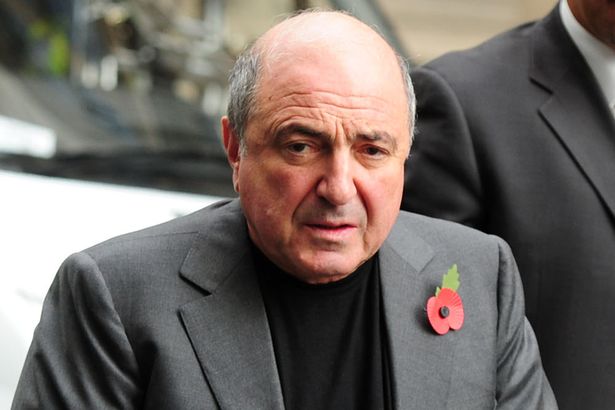
In 1996, he and a group of fellow oligarchs became king makers, backing Yeltsin’s reelection campaign. As his presidency came to an end, Feifer writes, Berezovsky assumed a central role in the selection of Putin as Yeltsin’s successor. Nonetheless, Berezovsky fared badly during the Putin era, having been forced to flee into exile in Britain.
Since the demise of the Soviet Union, he notes, Moscow, once drab and uninspiring, has joined the ranks of cities that never sleep. “Traffic jams persist, pedestrians clog its neon-lit sidewalks and shops and restaurants on every block bustle with customers.”
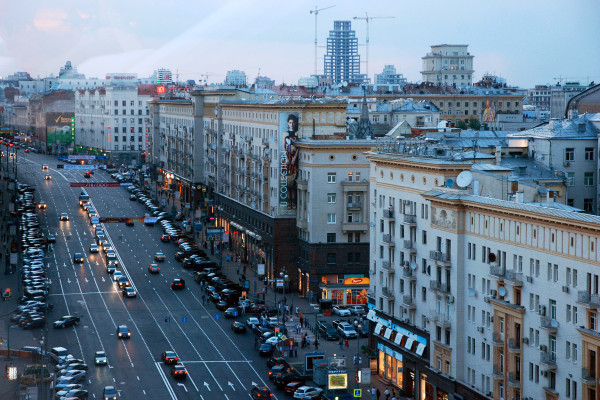
The Russian capital is home to 78 billionaires, more than any other city in the world, and many of them acquired their status during the oil boom. Despite a desire to engage in conspicuous consumption, the majority of Russia’s super rich hide the full extent of their fortunes.
“The danger of arbitrary punishment from the authorities remains a key aspect of life for Russian tycoons,” he says, citing the case of Mikhail Khodorkovsky, who was recently released after serving a 10-year prison term.
As Feifer suggests, the gap between rich and poor has widened significantly since the dissolution of the Soviet Union, and poverty remains a serious problem for roughly 25 percent of the population. Russia’s high mortality rate, he says, is caused by poor diet, persistent smoking, rampant alcoholism and crippling disease. In terms of life expectancy, Russia ranks 166th, only one peg above Gambia.
But with 80 million Russians glued to their computers, Russia has the largest Internet audience in Europe.
The Orthodox church plays a role in the ongoing quest for a national identity, and Putin, who attends services regularly and wears a crucifix, has encouraged this development.
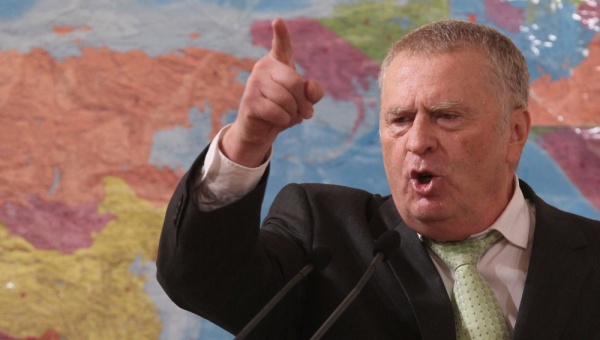
Right-wing nationalists like Vladimir Zhirinovsky, the half-Jewish leader of the conservative Liberal Democratic Party, have stoked popular animosity toward swarthy migrant workers from Central Asia. Putin has denounced racist attacks against them, but has fanned the animus by exploiting nationalism, Feifer claims.
“To his credit, Putin has publicly fought discrimination against Jews and made the opening of a Jewish museum in Moscow a priority,” he writes. “However, hearing otherwise apparently informed people explain their dislike for Jews by assigning them characteristics of the old stereotypes has darkened some of my many days in Russia. Although dark-skinned people bear the brunt of Russian xenophobia today, antisemitism remains strong.”
Feifer’s keen observations of Russia are in the best tradition of first-class journalism, and Russians, a primer on an important country, is thus a book well worth reading.